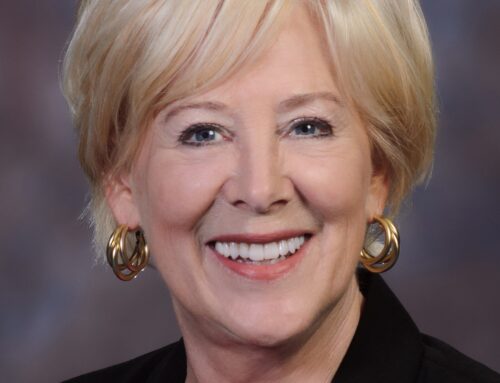Over the last few weeks, the Supreme Court’s conservative supermajority has decided on numerous cases that will have lasting and significant impacts on American life. On June 21, 2022, in an opinion by Chief Justice John Roberts, the Supreme Court ruled that Maine had violated the Constitution when its tuition assistance program did not make public funding available for students to attend religious schools.
Maine statutes regarding public education assert that the state government “shall enact the laws that are necessary to assure that all school administrative units make suitable provisions for the support and maintenance of the public schools” and that “control and management of the public schools shall be bested in the legislative and governing bodies of local school administrative units, as long as those units are in compliance with appropriate state statutes.”
In agreement with the statute on education, Maine enacted a tuition assistance program for parents who live in rural areas where the school district does not operate a secondary school or contract with another school district. Under this program, school districts will pay the tuition for a private secondary school if it meets specific requirements. One requirement is that the private school is nonsectarian.
The petitioners in Carson v. Makin sought funding from Maine’s tuition assistance program to send their children to Bangor Christian Schools and Temple Academy. Both schools did not qualify as nonsectarian and were ineligible to receive funding from the program. Petitioners sued the Maine Department of Education commissioner, claiming that the nonsectarian requirement violated the Free Exercise Clause, Establishment Clause of the First Amendment, and the Equal Protection Clause of the Fourteenth Amendment.
The Supreme Court ruling on Carson v. Makin held that “Maine’s ‘nonsectarian’ requirement for otherwise generally available tuition assistance payments violates the Free Exercise Clause” that protects the free exercise of religion. The majority wrote that “Maine’s tuition assistance program … ‘effectively penalized the free exercise’ of religion.”
In dissenting opinions from Justice Breyer, joined by Justice Kagan, and in part by Justice Sotomayor, the Justices present potential implications on public education and the separation of church and state because of the ruling in Carson v. Makin. In their dissents, Justice Breyer emphasized the importance of “state neutrality with respect to religion,” Justice Sotomayor stated that the current Court’s decisions “continue to dismantle the wall of separation between church and state” and warns that “today, the Court leads us to a place where separation of church and state becomes a constitutional violation.”
The effects of the Supreme Court ruling on Carson v. Makin will extend well beyond Maine. Numerous other states have amendments to their constitutions that prohibit government funding of religious schools and other institutions. Additionally, most states offer taxpayer dollars to private schools through vouchers, tax credits, or scholarships. The Carson v. Makin ruling gives families in those states the potential opportunity to receive federal dollars for religious schooling.
In their dissents, Justices Breyer and Sotomayor point out the hypocrisies of the majority opinion. The majority argued that the nonsectarian requirement for private schools to receive government funding violates the protection of the free practice of religion. Yet, the two schools in the case, which may now receive taxpayer dollars through Maine’s tuition assistance program, employ discriminatory enrollment policies based on a student’s gender identity, sexual orientation, and religion. In her dissent, Justice Sotomayor wrote, “while purporting to protect against discrimination of one kind, the Court requires Maine to fund what many of its citizens believe to be discrimination of other kinds.”
Sources:
Court strikes down Maine’s ban on using public funds at religious schools, Supreme Court Carson v. Makin (06/21/2022) Opinions, Maine State Regulations, Maine Legislature Statutes: Schools and Libraries, Maine Legislature Statutes: Policy on Public Education, The Supreme Court Just Forced Maine To Fund Religious Education.
Written by Zoe Klein.
USDA Photo by Ken Hammond.





